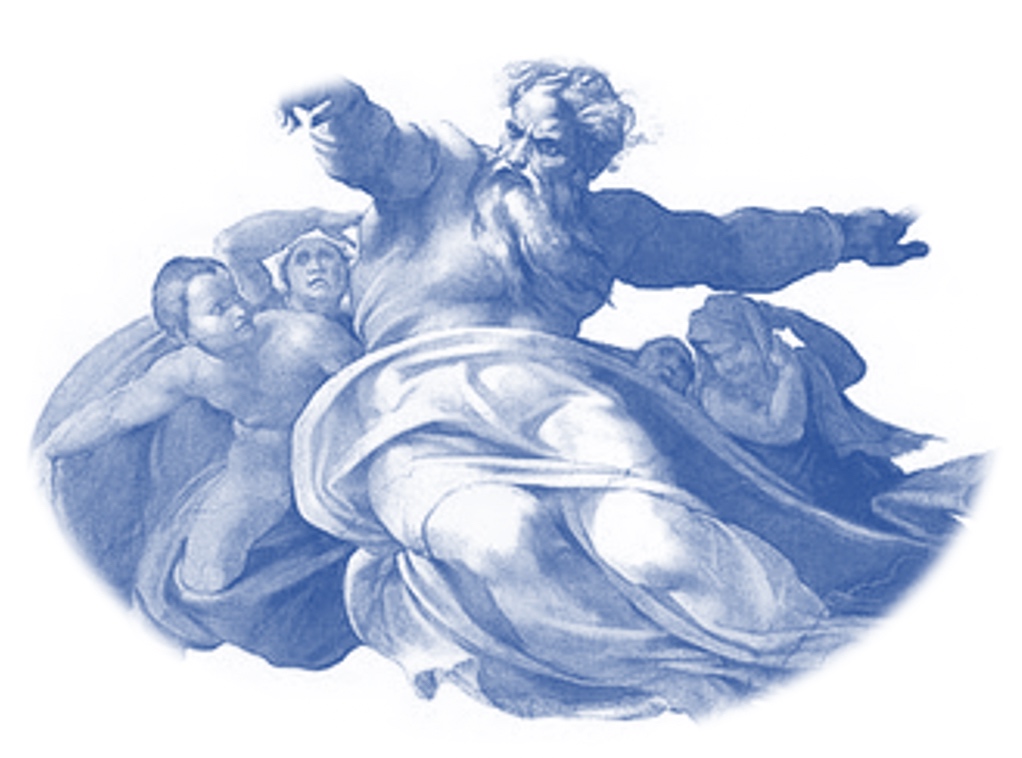That’s why we need religious liberty…
Most Americans believe there is life after death. A recent survey from the Pew Center reports more than 80% of Americans believe in some form of afterlife. Sixty-one percent believe in traditional accounts of heaven or hell. Others believe in some alternative, such as reincarnation. Only 17% do not believe in an afterlife.
The headline for this report focuses on political differences. Republicans are more likely to believe in a traditional idea of heaven and hell than Democrats. Our polarization seems to extend beyond this world.
One disagreement concerns who gets into heaven. A third of Americans believe that the path to heaven is through “one true faith” (a belief that is more common among Republicans). But many Americans are open-minded about this. A majority of us think that believers of “many religions” can gain eternal life.
Of course, opinion polls are not theology. These questions run deep and the answers are shrouded in mystery. These are things to ponder in the glow of firelight on cold and foggy winter nights. Even the theologians disagree. Some claim the “narrow gate” to heaven is reserved for believers. Others believe in “universal salvation,” which is the idea that everyone goes to heaven.
And what part of you will survive? Some say your body will be resurrected. Others think the soul lives on. Others suggest that even though you die, it is the memory of you that lives on in the mind of God.
Debates about the afterlife are ancient. Socrates said death was either a dreamless sleep or a journey to another world where good is rewarded and evil is punished. In either case, a good person has nothing to fear in death. If death is a dreamless sleep, then we won’t suffer from being dead. And if the religious stories about the afterlife are true, good people will be rewarded.
Plato believed in reincarnation. He suggested that the virtues we develop in this life help us choose our next life wisely. Plato’s elaborate scheme of transmigrating souls was rejected by materialistic philosophers such as Epicurus. Epicurus taught that death really is the end. He suggested that we should stop worrying about the afterlife and focus on happiness in this life.
Christianity rejected Epicurean philosophy by insisting on the importance of resurrection and the idea of divine judgment. One worry is that without the promise of heaven and the threat of hell, we may lack the motivation to be good. There is also the need for consolation in the face of suffering and evil.
Some good people suffer and die miserable deaths. And some evil people get away with murder. The universe does not seem fair if good folks go unrewarded and evil people don’t get punished. Immortality and divine judgment appear to resolve this discrepancy.
As we ponder these issues, it might help to know that Americans have often disagreed about them. One famous disagreement is that between John Adams and Thomas Jefferson.
Jefferson most likely did not believe in personal immortality. Jefferson was a materialist and a deist who was sympathetic to Epicurean philosophy. He seemed to believe that personality was situated in the brain and that the soul disappeared at death. Jefferson also suggested in a letter to Adams that Plato’s account of immortality was “nonsense” produced by Plato’s “foggy mind.”
But Adams believed otherwise. His belief in the immortality of the soul was central to his religious faith. In a letter to Jefferson, Adams said, “If I did not believe in a future state I should believe in no God.” In another letter, Adams said, “A future state will set all right. Without the supposition of a future state, I can make nothing of this universe, but a chaos.”
And so it goes. Adams believed that the afterlife gives meaning to this life. Jefferson thought such ideas were nonsensical.
This leads us, in conclusion, to the need for religious liberty and freedom of thought. Great minds disagree about immortality. And so do we. These questions are not answerable in this life. This means that we should be free to disagree. At some point, we will each confront this mystery directly. In the meantime, let’s leave each alone to ponder the imponderable.



